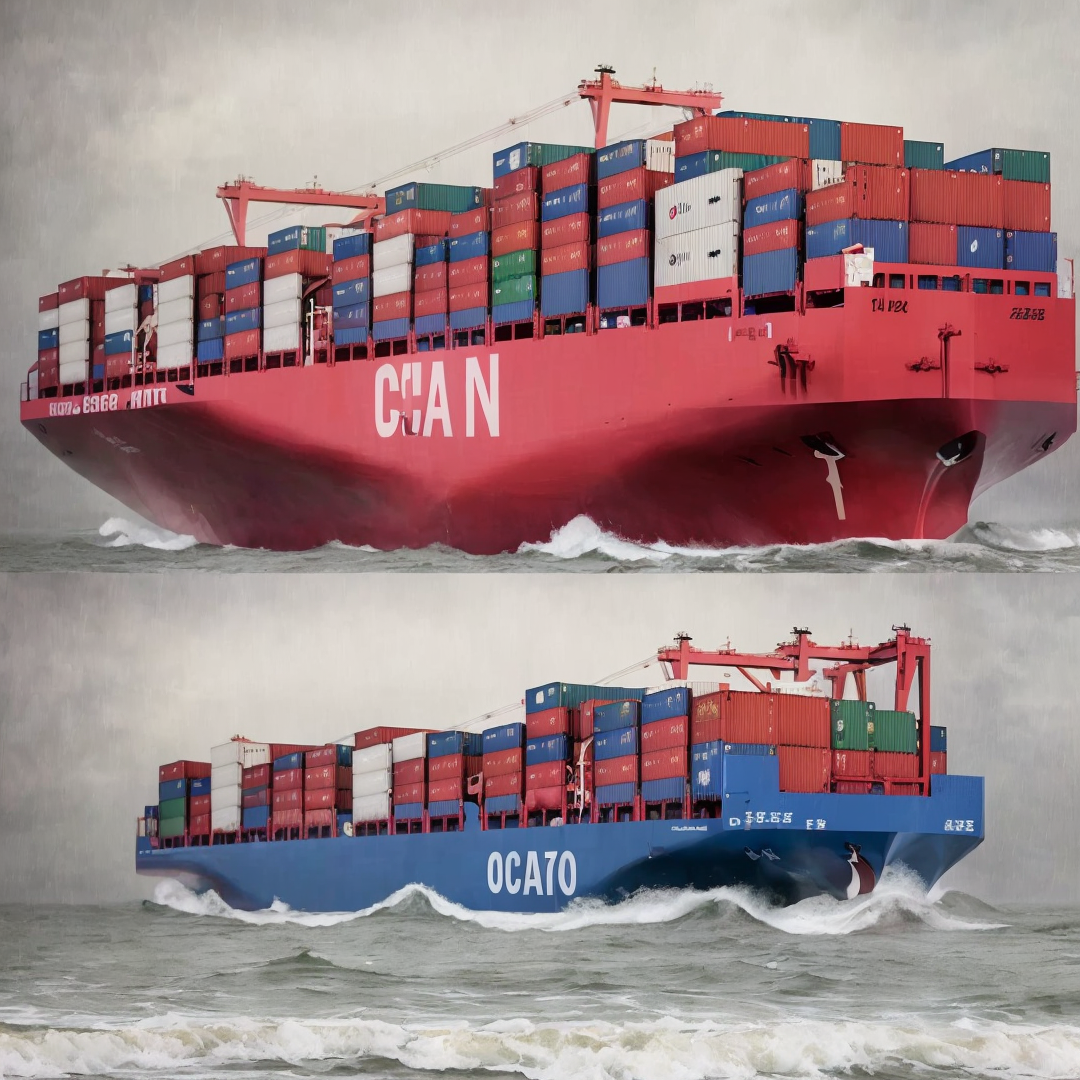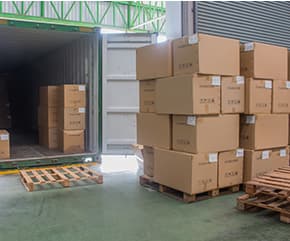Shipping From China To The World
In today’s increasingly globalized economy, maritime shipping, as a primary mode of international trade, has profound impacts on the global supply chain. In 2024, we have witnessed a significant rise in international shipping prices, a change that has attracted widespread attention. This article will explore the key factors leading to the rise in shipping prices and analyze their potential impact on global trade.
The Revival of Global Trade
Firstly, the revival of global trade is the fundamental reason driving the increase in shipping prices. As the impact of the COVID-19 pandemic gradually diminishes, global economic activities have begun to recover. Particularly, China, as the world’s factory, has seen a substantial increase in its export volume, directly boosting the demand for maritime shipping. The consumer markets in developed regions such as Europe and America are also gradually warming up, bringing new vitality to the shipping market.
Geopolitical Tensions
Geopolitical tensions are another important factor. The unstable situation in the Red Sea region has forced many ships to change their routes, circumnavigating the Cape of Good Hope in Africa, which not only increases the journey and time but also raises transportation costs. Moreover, this change has led to a redistribution of global transportation routes, further exacerbating the tension in shipping capacity.
Tightness in Shipping Capacity and Container Space
With the growth in trade volume, the shipping capacity and container space have become increasingly tight. Many shipping companies have had to raise prices to cope with the increased demand, ensuring the sustainability of their services. This change in the supply-demand relationship is directly reflected in shipping prices.
The Impact of Shipping Company Alliances
The alliances and cooperation among shipping companies also affect shipping prices. These alliances, through collective pricing, have effectively monopolized the market, allowing them to raise prices in response to increased market demand, thereby maintaining high-profit levels.
Changes in the Types and Quantities of Goods
Changes in the types and quantities of goods are also a factor affecting shipping prices. With the rise of new energy vehicles, electronic products, and other high-tech products, the demand for container space for these products has been growing. This has led to a reduction in the available space for traditional small and medium-sized foreign trade enterprises, thereby pushing up prices.
Fluctuations in Fuel Prices
Fluctuations in fuel prices are a significant component of shipping costs. Recently, due to the rise in international oil prices, the surcharges for shipping fuel have also increased, which is directly reflected in shipping prices.
Changes in Foreign Exchange Rates
Changes in foreign exchange rates also affect shipping prices. Since shipping costs are usually settled in US dollars or other foreign currencies, fluctuations in exchange rates directly impact the cost of freight. The recent strength of the US dollar relative to other currencies has put pressure on the costs for businesses settling in their local currencies.
Strengthening of Environmental Protection Regulations
The strengthening of environmental protection regulations is also a factor leading to the rise in shipping prices. To address global climate change, many countries and regions have begun to implement stricter environmental regulations. These regulations require ships to reduce emissions and use more environmentally friendly fuels, undoubtedly increasing operational costs.
Conclusion
In summary, the rise in international shipping prices is the result of a combination of multiple factors. From the revival of global trade to geopolitical tensions, to the monopolistic behavior of shipping company alliances, each factor affects the trend of shipping prices to varying degrees. In such a market environment, businesses need to adjust their supply chain strategies more flexibly to cope with the constantly changing transportation costs. As the global economy continues to develop and change, the fluctuations in the shipping market will remain an important factor that cannot be ignored in global trade.


Mar 09,2022
At the beginning of the new year, the most frequently asked question after work is about RCEP. I really want to write an article to introduce it to you, but my ability is limited, and the scope of RCEP is too large. I can only answer some of the most freq

Mar 09,2022
Yes, our service cover all major ports in China areas , like Shanghai / Qingdao / Ningbo/Shenzhen/Guangzhou/Hong Kong etc, Our warehouse facility in these ports are more than 5,000 square meter.

Mar 09,2022






